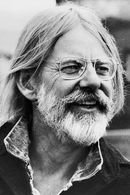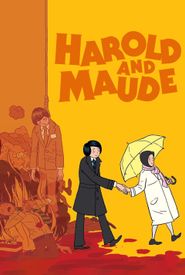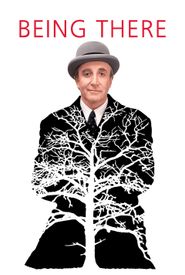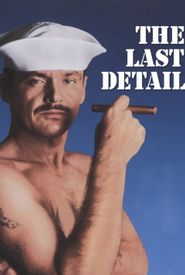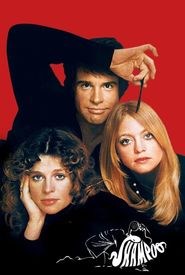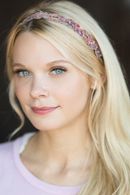Hal Ashby was born on September 2, 1929, in Ogden, Utah, as the fourth and youngest child in a Mormon household to Eileen Ireta (Hetzler) and James Thomas Ashby.
His father, a dairy farmer, struggled with mental health issues, and his parents' marriage ended in divorce. Ashby's father later took his own life, leaving the family to cope with the trauma.
As a teenager, Ashby dropped out of high school, got married, and then divorced, all before the age of 19. Feeling lost, he decided to leave Utah for California, seeking a fresh start.
After arriving in California, Ashby found work at Universal Studios as a printing press operator. He eventually transitioned to assistant film editing at various studios, including MGM, where he befriended a young Jack Nicholson.
Ashby's talent as an editor earned him recognition, and he began working on films directed by Norman Jewison. His breakthrough as a director came with The Landlord (1970),a film that showcased his unique storytelling style.
Throughout the 1970s, Ashby directed a string of critically acclaimed films, including The Last Detail (1973),Shampoo (1975),Bound for Glory (1976),Coming Home (1978),and Being There (1979). These films received widespread critical acclaim and earned numerous Oscar nominations.
Despite his success, Ashby struggled with personal demons, including drug addiction and a reclusive lifestyle. His dependence on substances and erratic behavior made it difficult for him to maintain a consistent work schedule.
In the 1980s, Ashby's career began to decline due to his unreliability and the loss of his creative spark. He died on December 27, 1988, at the age of 59, after battling cancer that had spread to his liver and colon.
Sean Penn, who was never directed by Ashby, paid tribute to his legacy by dedicating his directorial debut, The Indian Runner (1991),to Ashby and John Cassavetes. Despite his contributions to the film industry, Ashby's career is often overlooked in favor of his contemporaries.
